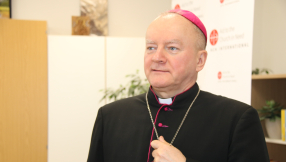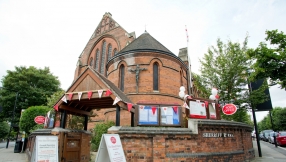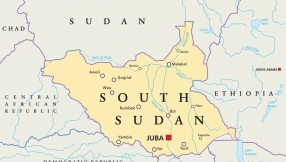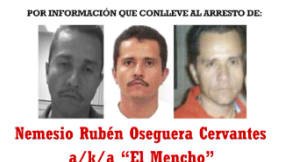Former Archbishop of Canterbury Rowan Williams has made a passionate appeal for the preservation of Britain's foreign aid budget after Prime Minister Theresa May hinted on Wednesday she might cut it.
Asked at Prime Minister's Questions by Conservative MP Richard Benyon whether she would commit to retaining the commitment to spending 0.7 per cent of gross national income on foreign aid, she declined to do so.
Among those who responded was Microsoft founder Bill Gates, who said: 'We are hopeful that the commitment to 0.7 per cent – and things like neglected diseases – stays strong.'
Now Lord Williams, who is chair of Christian Aid, has raised the stakes in the debate over cutting aid, which right-wingers in May's government are anxious to do.
He framed it as a choice about 'the soul and future of our nation', between turning inwards and struggling to 'protect ourselves' and looking outwards, 'recognising that our good is bound up with that of others'.
In a hard-hitting intervention, he said: 'The UK aid budget is at the heart of the choice between Little Britain and Global Britain. Our help to the world's poorest and most vulnerable people is something to be proud of, not a political football.
'Of course, the aid budget is not above debate; how we best and most effectively direct aid is a matter that needs discussing. But we must be careful not to present people with false choices that set the needs of the most vulnerable in our own society against those of people living in long-term poverty and powerlessness overseas, whose priority is the capacity to decide their own future and secure their own well-being.'
He continued: 'We British are known for standing up for the underdog and standing firm when things get tough. We do not only look out for those less fortunate than ourselves; we want to meet halfway those working hard to stand on their own two feet. Aid is not about creating dependence but helping people become valued partners and co-workers for a safe and equitable world. And the continuing levels of public generosity from British people in response to successive emergency appeals show how deeply rooted these impulses are in our national identity and our sense of responsibility to the wider world.
'As we debate the future of our country, our relationship to the EU and our new relationship with the world, we should wear our aid budget as a badge of honour that sets a standard for others to follow.'
Dr Williams concluded: 'The British public are proud that our great nation hasn't turned its back on the world's poorest people. So, at a time when the world most needs our leadership and strength, we call on the leaders of all parties to hold firm on the promise we have made, and stand up for their belief in a bigger Britain.'













